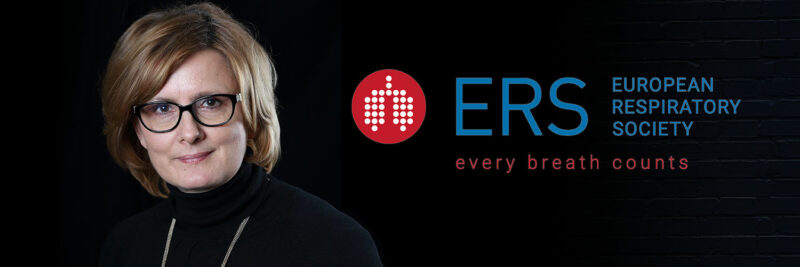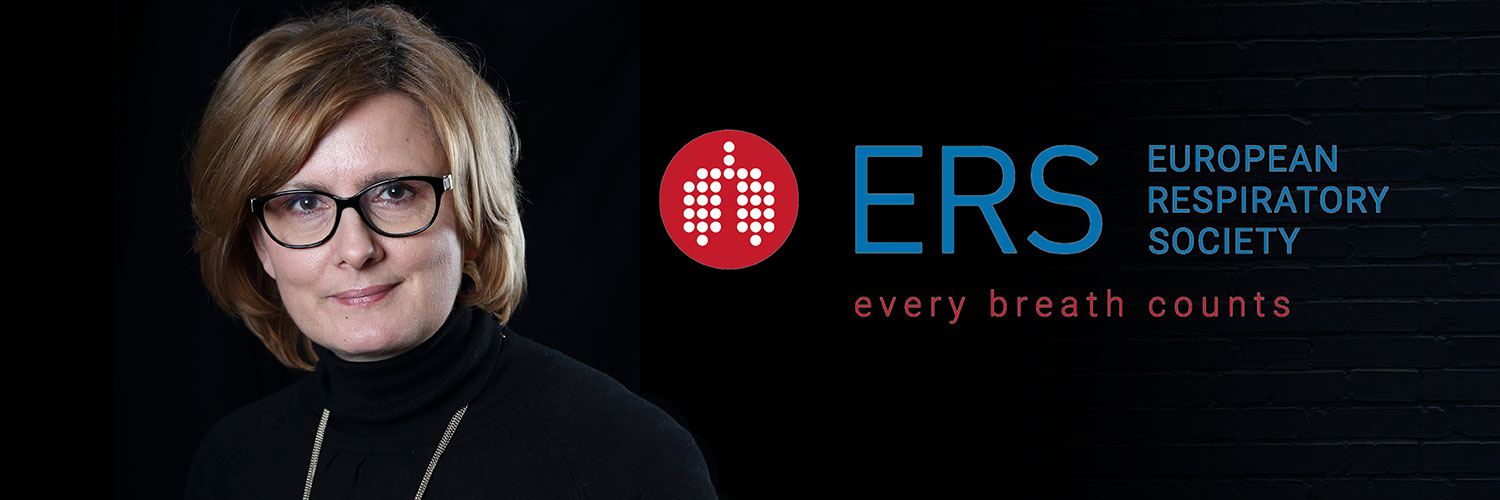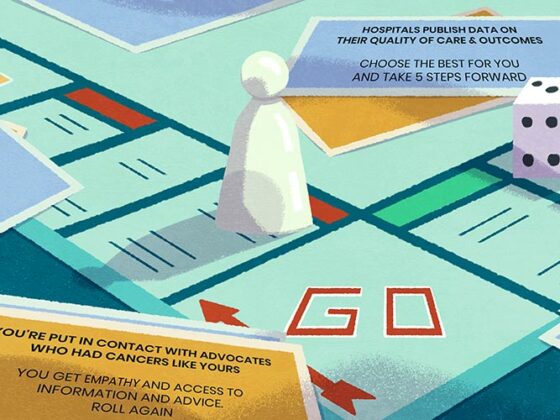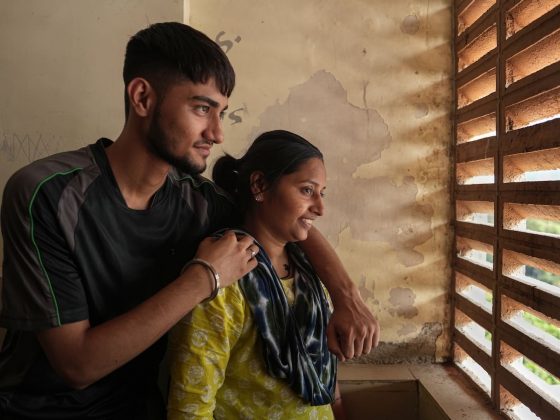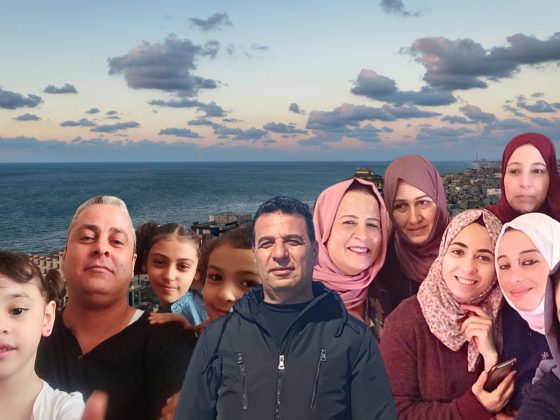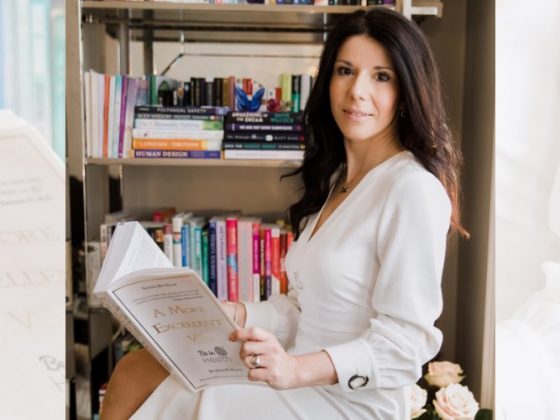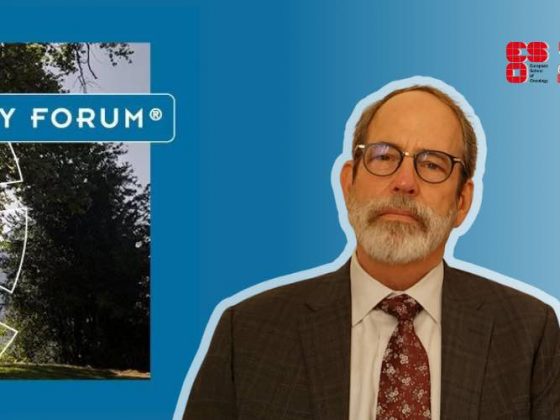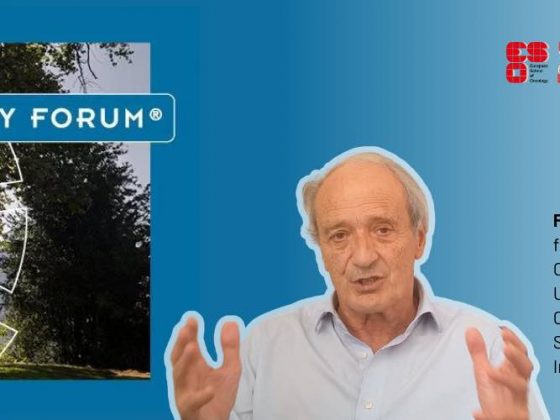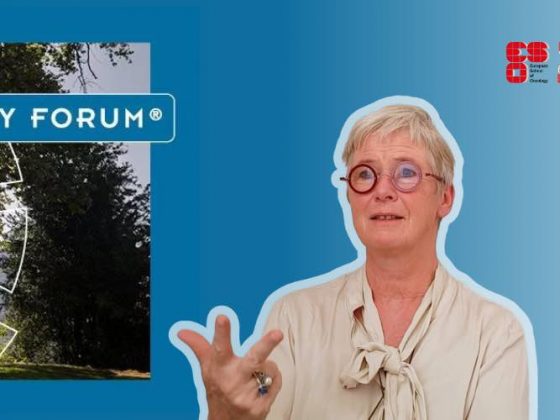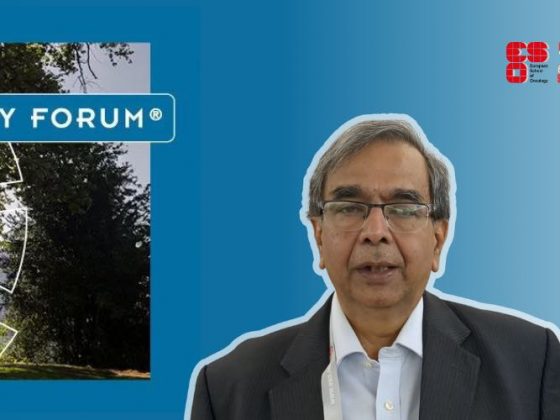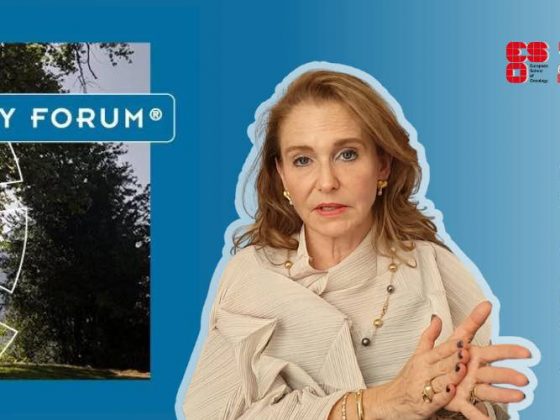Opportunities to make significant headway against cancer don’t come around very often. This year, an alignment of science and European cancer policy is opening such an opportunity in relation to lung cancer ‒ Europe’s single biggest cancer killer. Speaking as a clinician who knows how it feels to have to inform patients they have lung cancer, and Secretary General of the European Respiratory Society, my appeal to everyone involved in healthcare policy and delivery at European, national and regional levels is: please grab this opportunity with both hands.
Thanks to decades of work with the lung cancer and radiology communities, effective techniques are now available that have been shown to offer a safe and effective way to detect lung cancers early in high-risk populations. Implemented in the right way, this should be a game changer for every member state. Currently four out of five lung cancers are diagnosed at an advanced stage, which explains why only 3 in 20 people diagnosed with lung cancer are still alive five years down the road. The same cancers, if caught early, could be treated much more effectively ‒ and much more cheaply.
Game changing though they may be, imaging techniques and technologies do not go into the community to find those at high risk for lung cancer, they don’t encourage them to get screened, nor do they bring in multidisciplinary expertise to follow up on findings that are suspicious for cancer ‒ or indeed other lung conditions. Where cancers are confirmed they don’t do the diagnostic work-ups or develop treatment and care plans. They don’t link up with services that can help people quit smoking.
Used properly, however ‒ as part of a structured, systematic lung screening programme that includes GPs, multidisciplinary diagnostic and clinical teams, and community health services ‒ they could help deliver the holy grail of early diagnosis and effective and cheaper treatment for a major killer.
This is the primary reason why the European Respiratory Society is so keen to ensure that, when European Council recommendations on cancer screening are updated later this year, they are extended to include guidelines on lung cancer screening.
Such screening programmes don’t come cheap, we know that. But if policy makers do the maths, then the toll that lung cancer is likely to take on future budgets ‒ combined with the damage it wreaks on their citizens ‒ should convince them.
Lung cancer is not a legacy disease of old men who took up smoking in the 1950s. In Europe, the problem is getting worse not better. In the decade 2007‒2017 the number of lung cancer deaths in Europe increased by 30%, principally due to a relentless rise among women, who now account for one-third of deaths. In 2020, almost half a million people in Europe were diagnosed with the disease. With the current five-year survival rate of around 15%, only 72,000 of them are expected to still be alive in 2025.
The costs of treating these late-diagnosed cancers, meanwhile, has been escalating. A study looking at the economic burden of cancer across the EU in 2008 showed lung cancer had the highest economic cost. The biggest cost, back then, came from inpatient treatment. New treatment modalities have since been introduced, which are more effective but also very expensive. Data from the Belgian Health Technology Institute (KCE) shows that the cost of treating stage IV lung cancer has tripled since immune checkpoint inhibitors were introduced to systemic therapy.
These escalating costs, combined with rising incidence rates, make the option of investing in a screening programme to find lung cancer earlier more economically attractive.
It is also fair to expect that the costs of the screening programmes will fall and the benefits will expand. AI has proved its value in image analysis, and it is expected to reduce the number of expert radiologists required for screening programmes. Savings are also expected as a result of better coordination between existing services, such as primary care doctors, radiologists, the diagnostic and clinical teams ‒ not just oncology but all specialisms involved in respiratory health ‒ prevention services, environmental services…
Benefits will extend beyond cancer. Done properly, these will be lung health screening programmes, which can also pick up signs of COPD, emphysema, interstitial lung disorders and other burdensome diseases. Introducing spirometry (a lung function test), for instance, could be done at virtually no extra cost; smoking cessation services would deliver better results if they are plugged in to a screening programme that identifies people a high risk, and focuses their minds on their lung health.
With more than 30,000 members, the European Respiratory Society speaks for the full range of health professionals involved in improving lung health, from physicians and nurses to technicians and researchers. We want to help change lung cancer in Europe from the dark story it currently is to a success story where resources can be shifted from late stage treatments where they are least effective, toward early diagnosis where they can do most good.
With the support of policy makers in Europe and its member states, we believe we can make 2022 a turning point, and we look forward to working together to make that happen.

